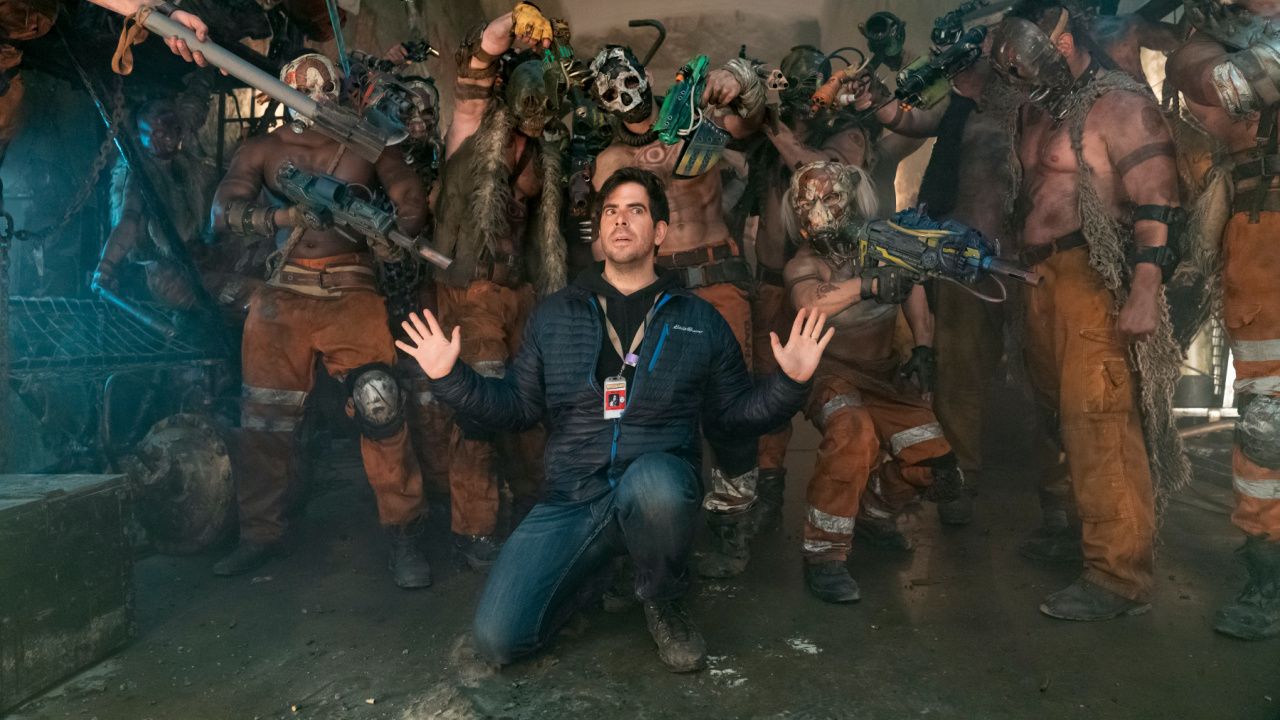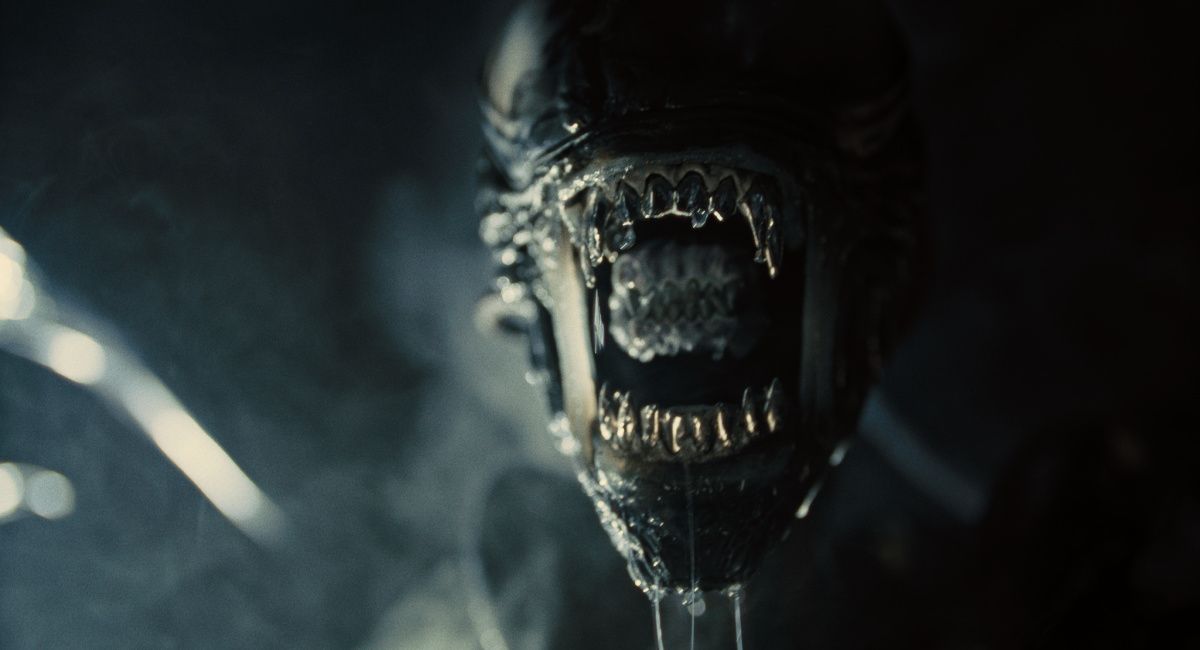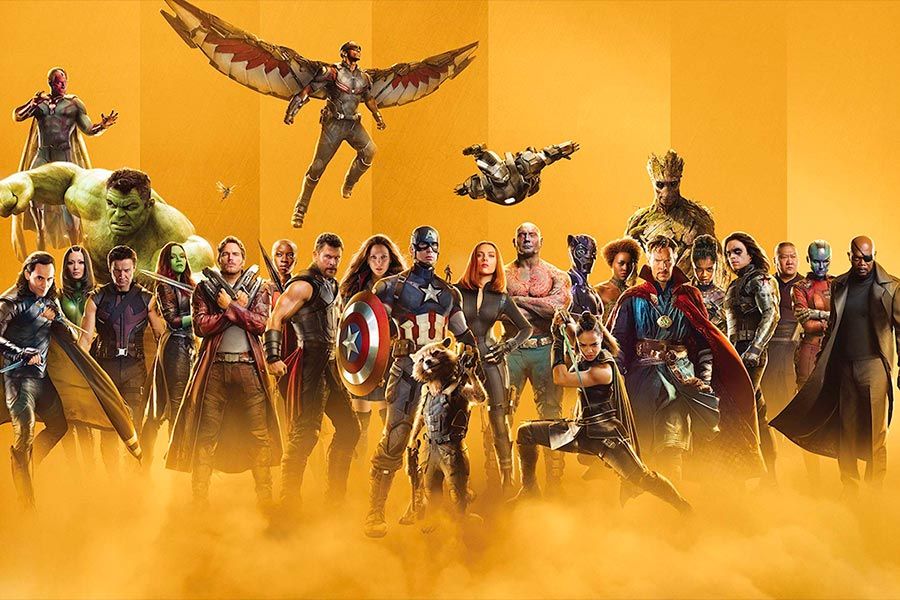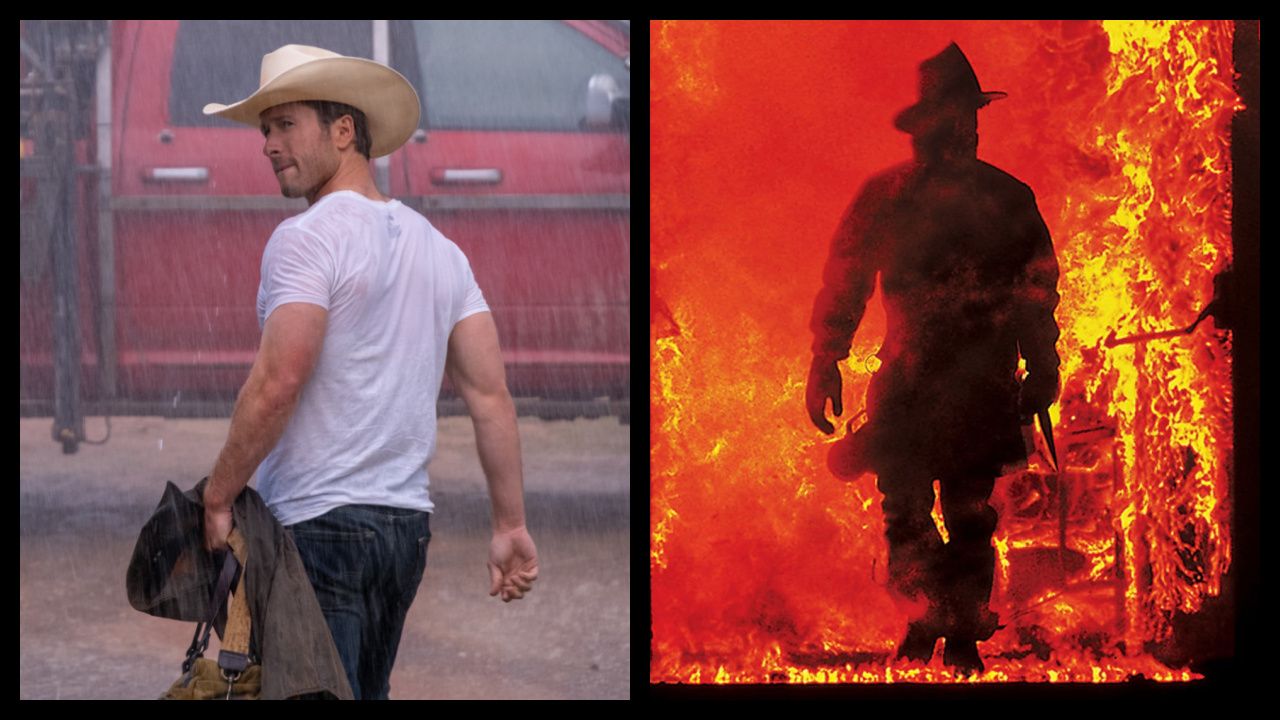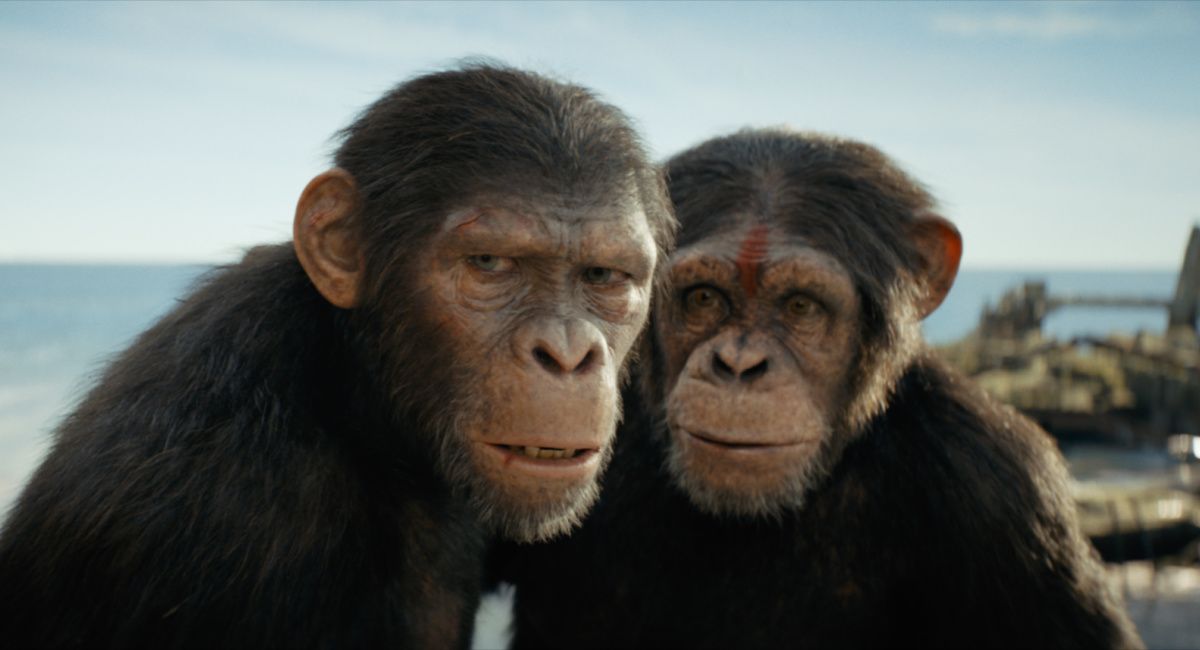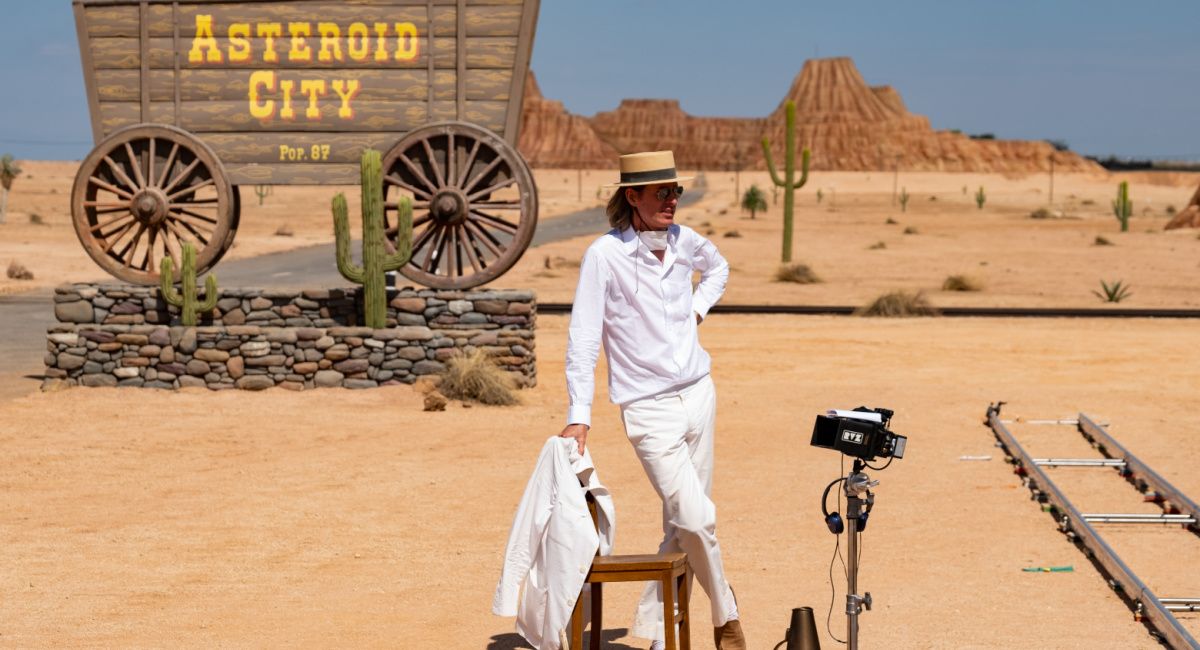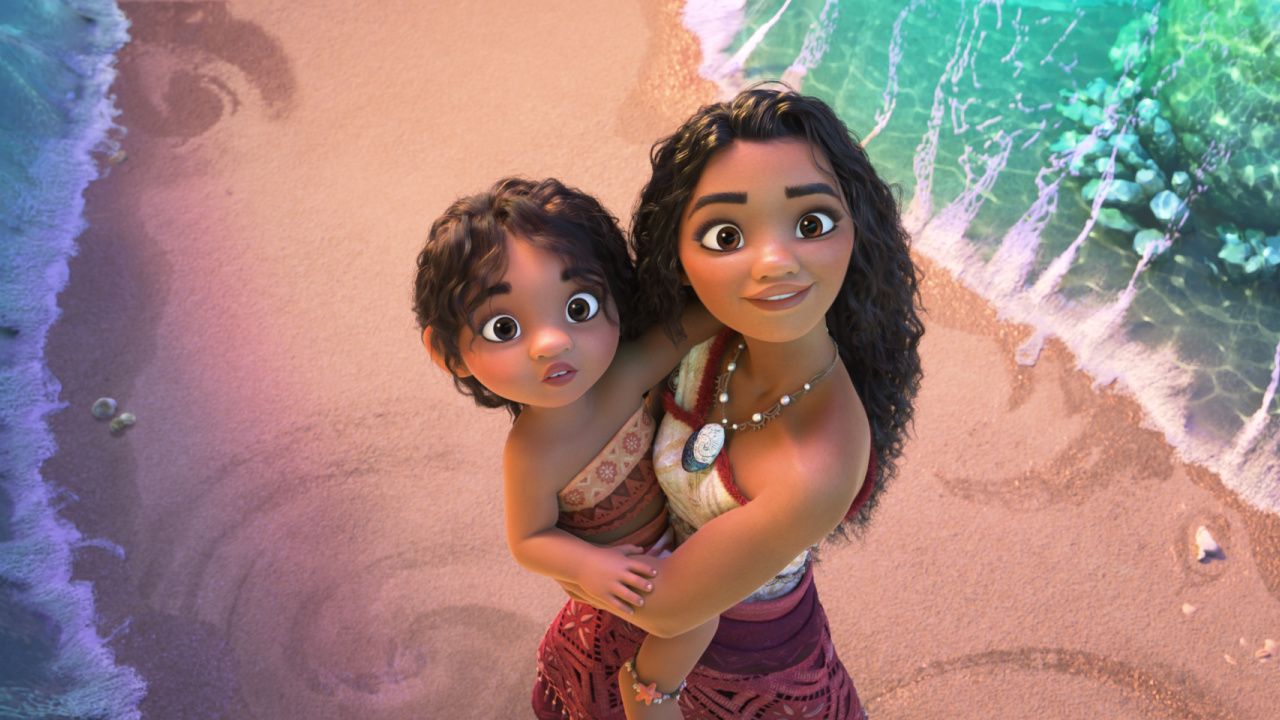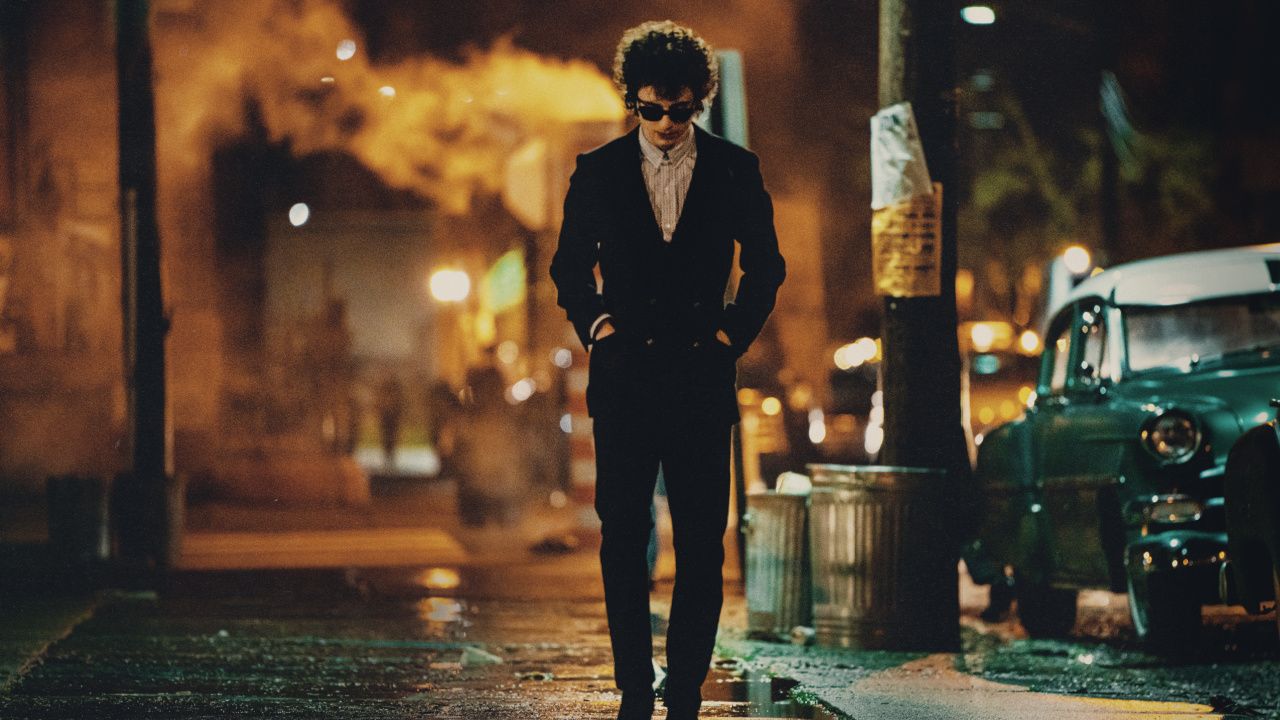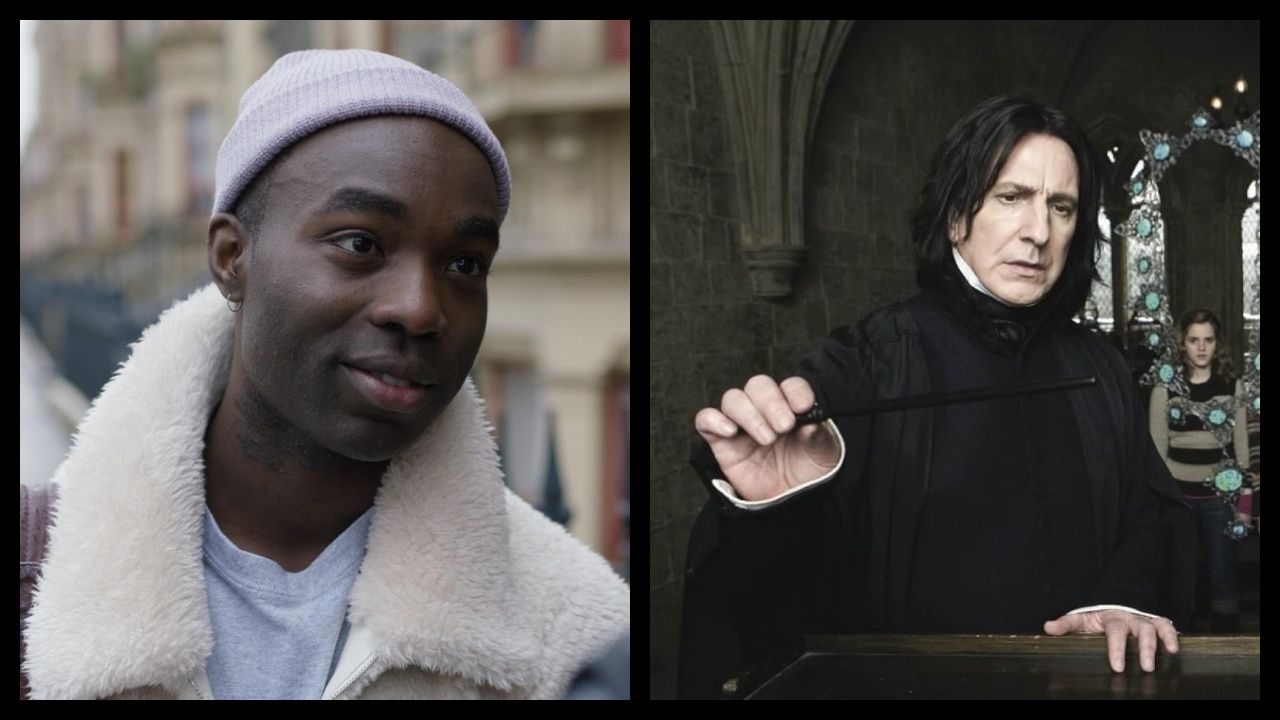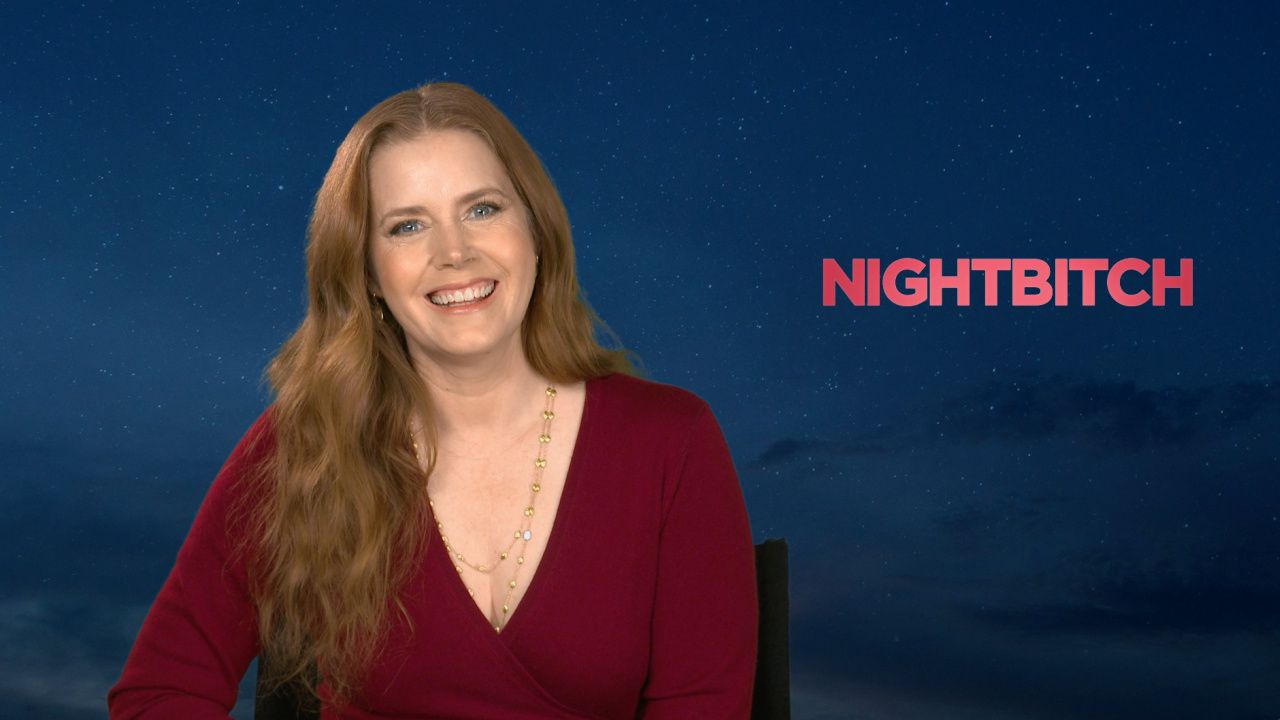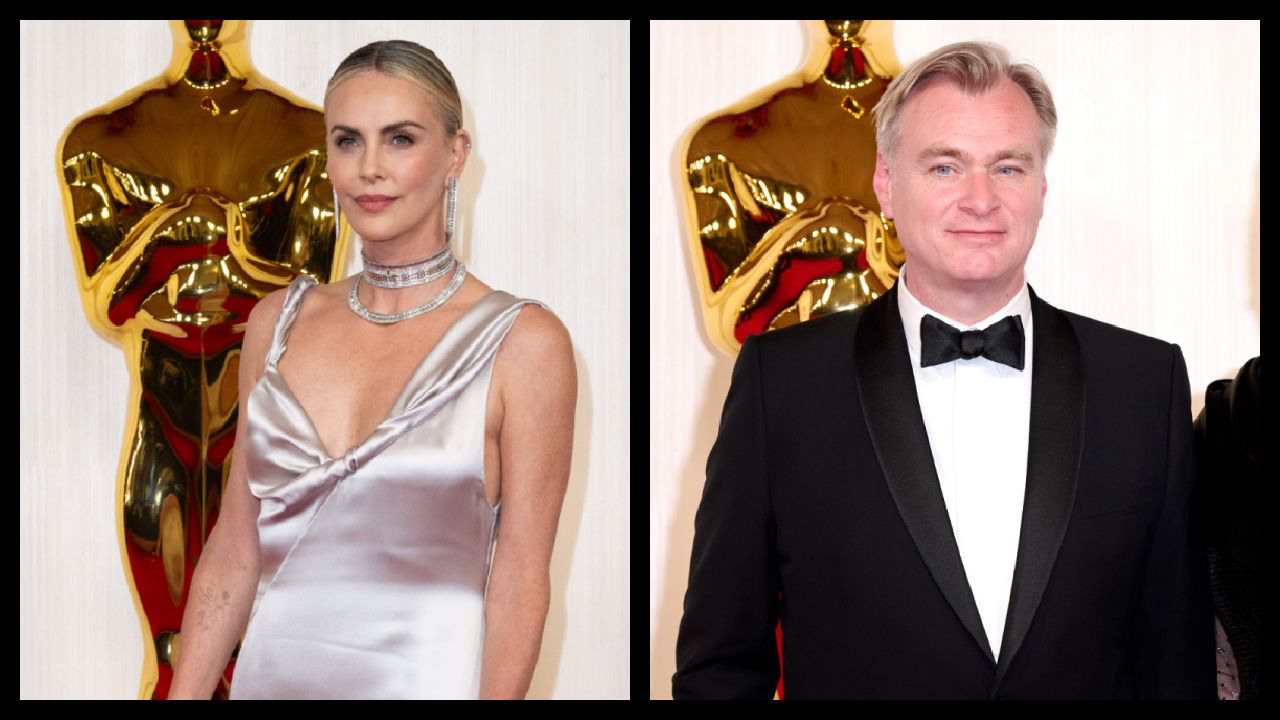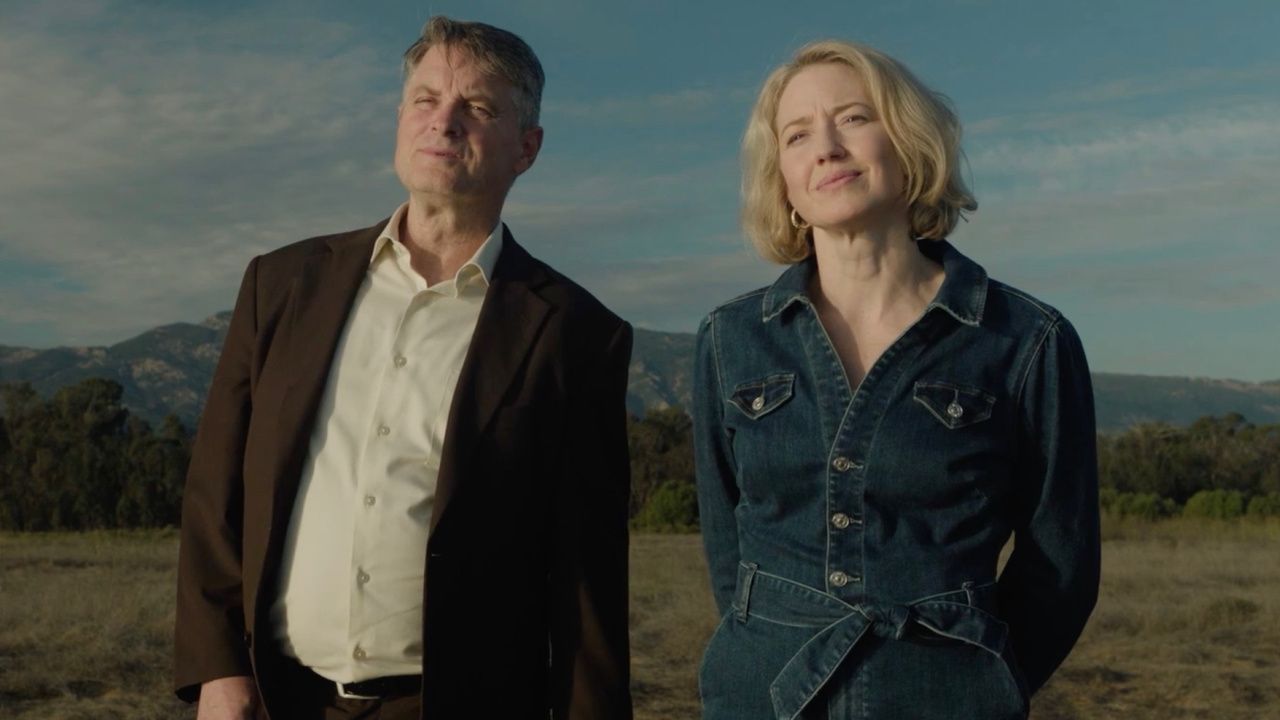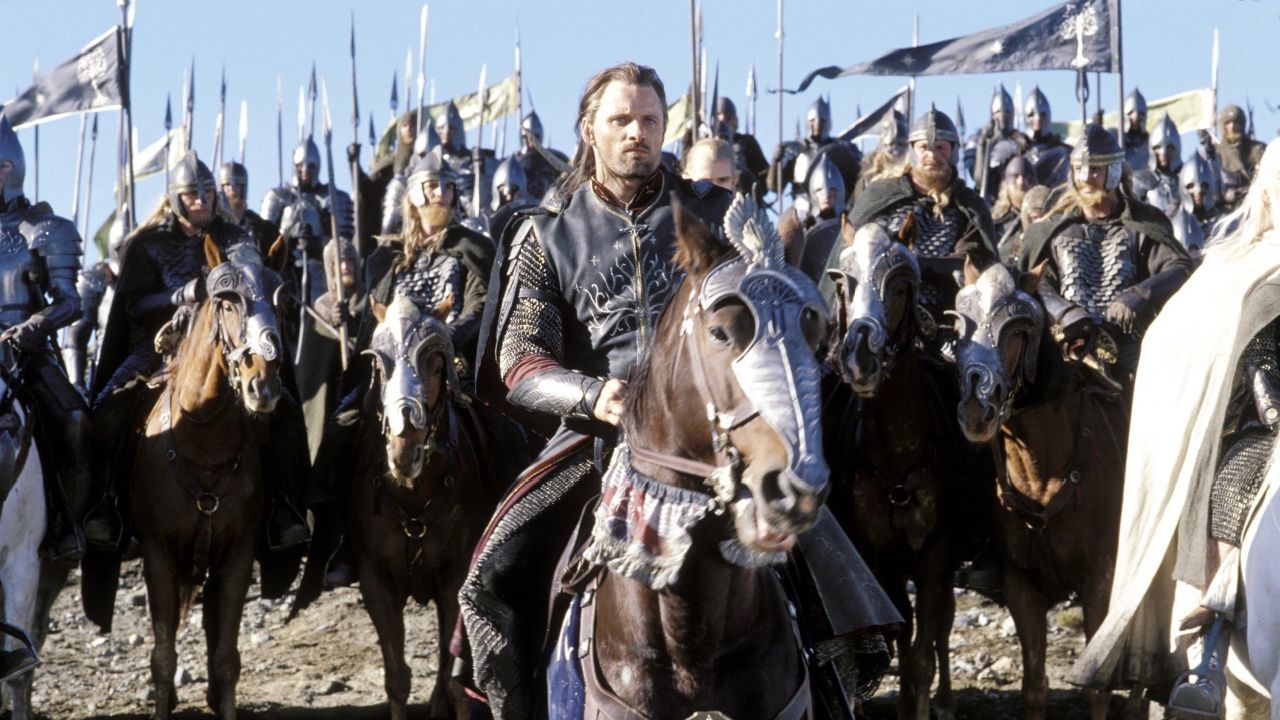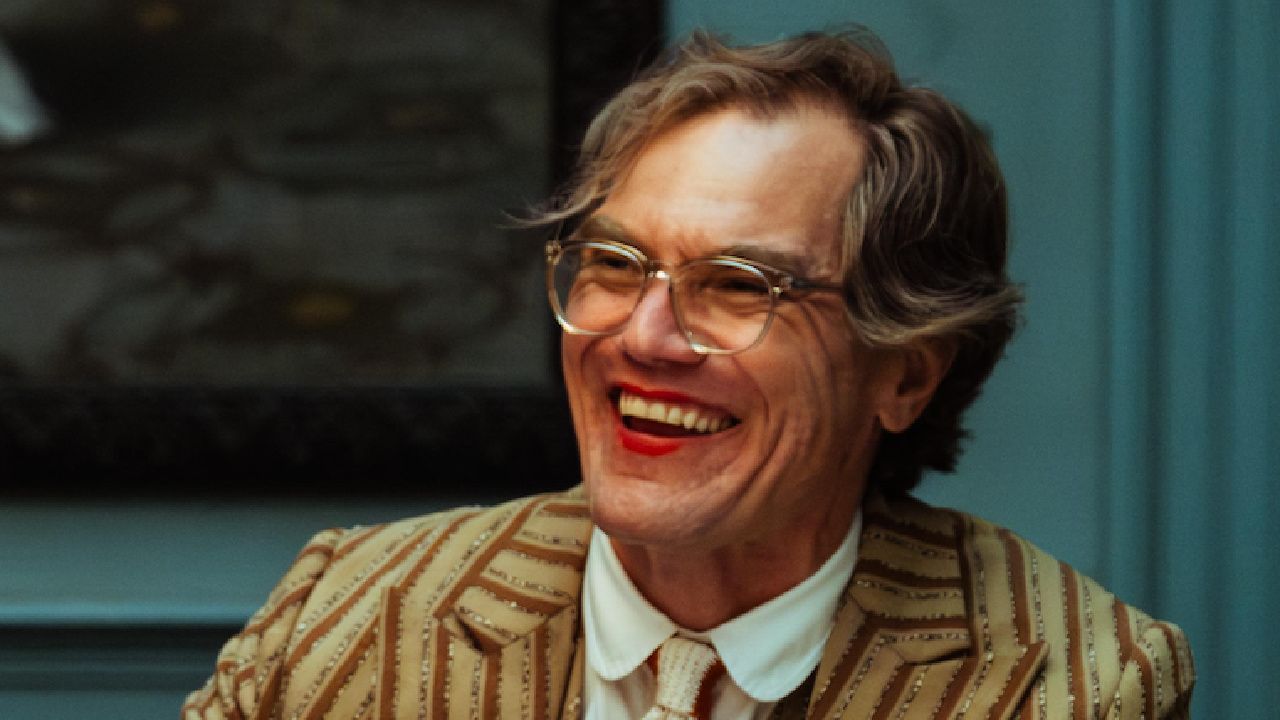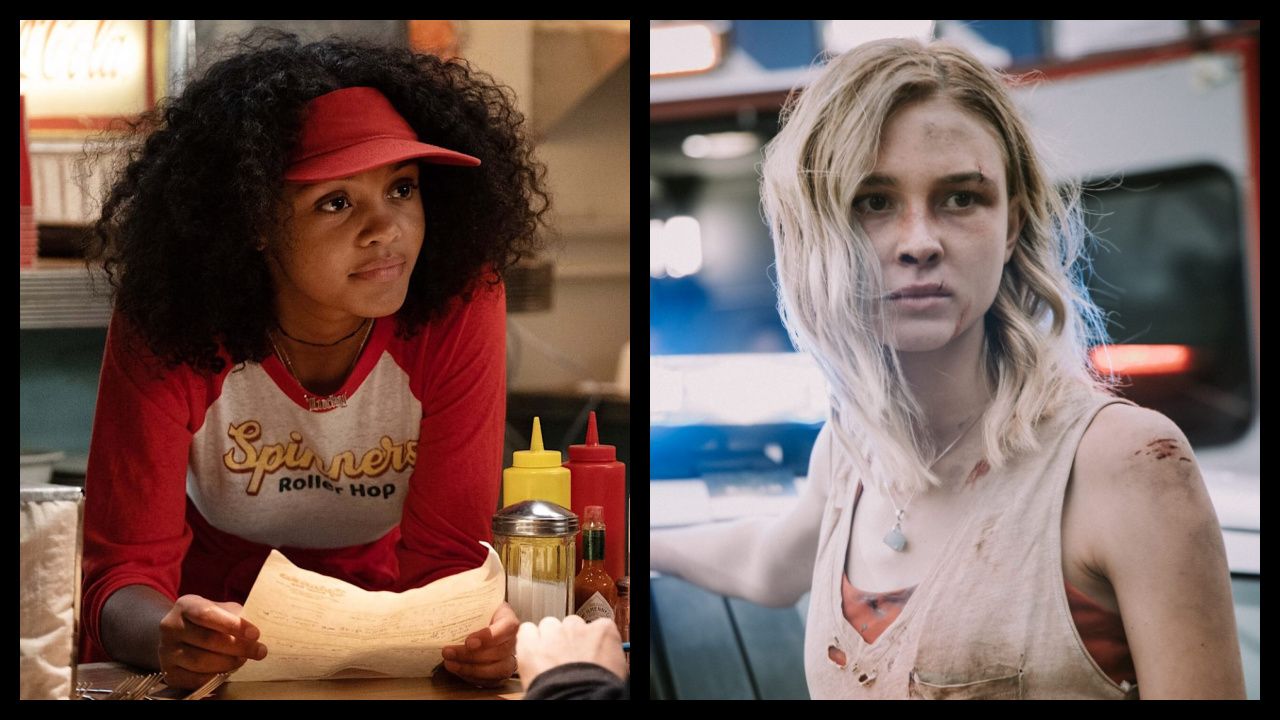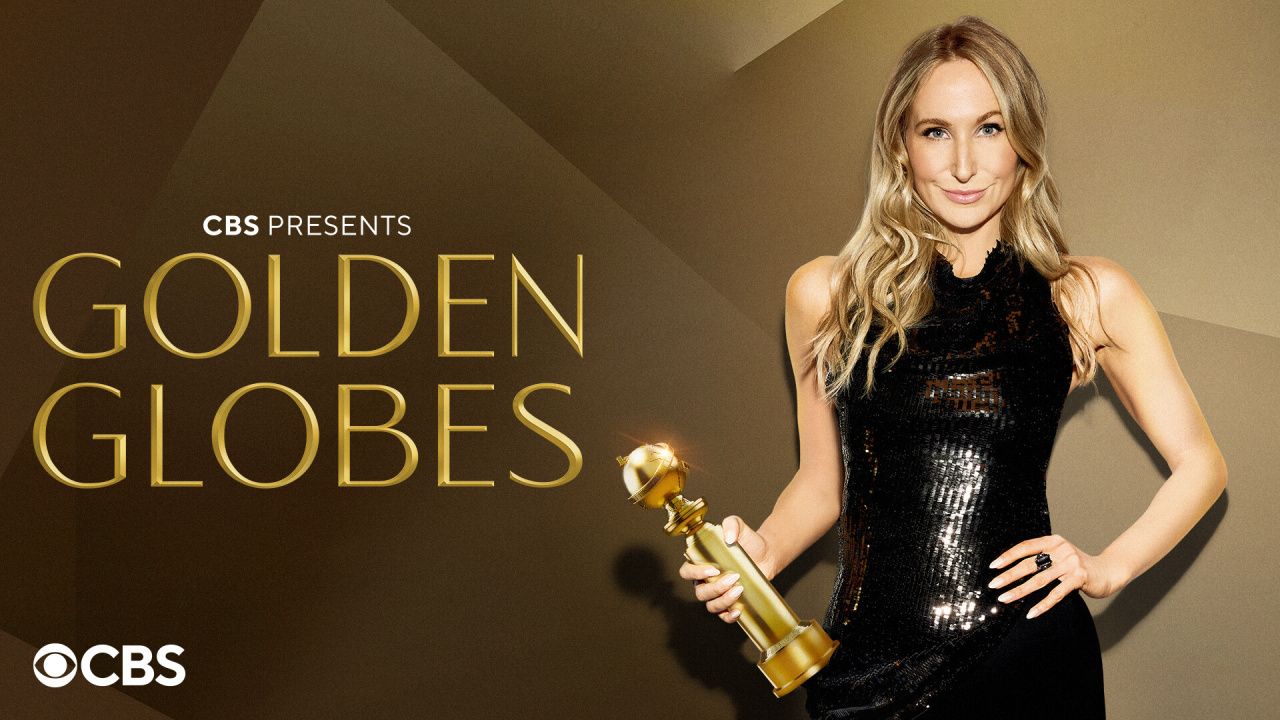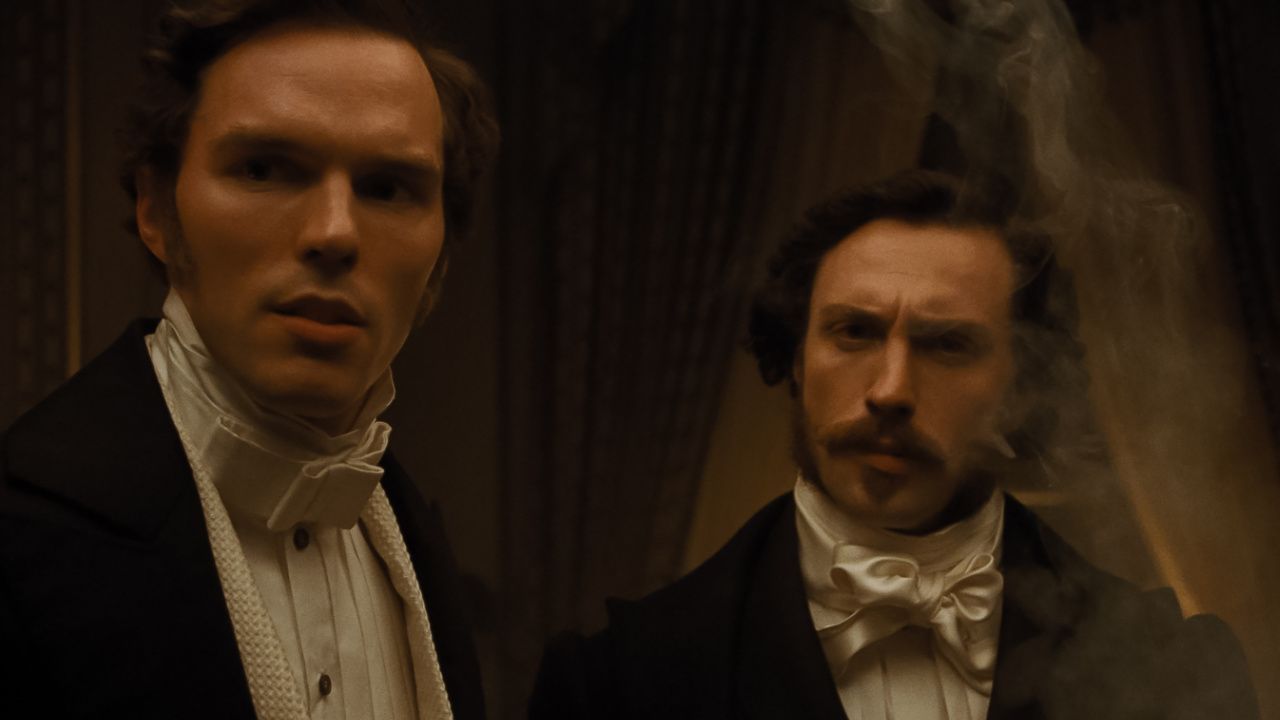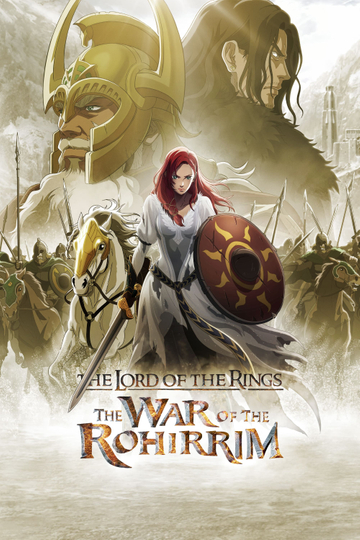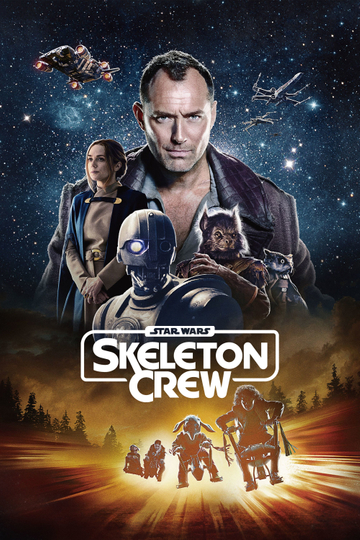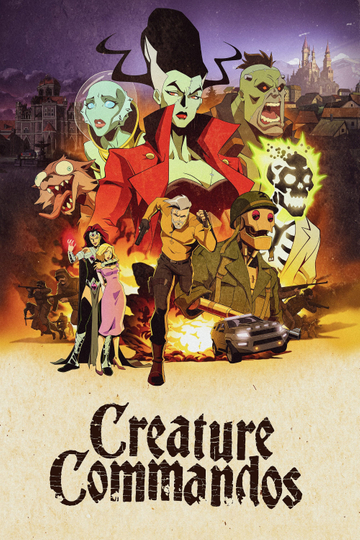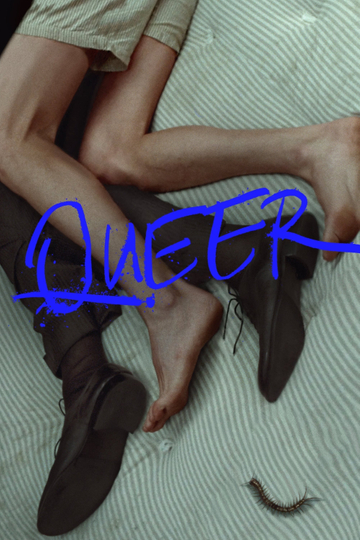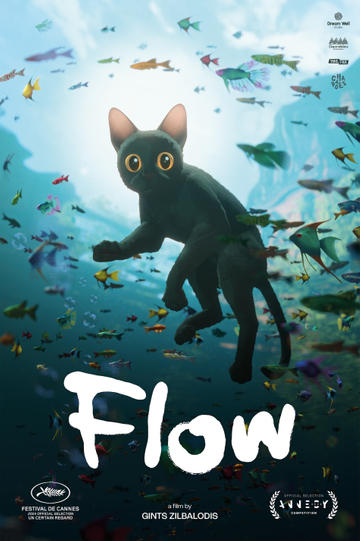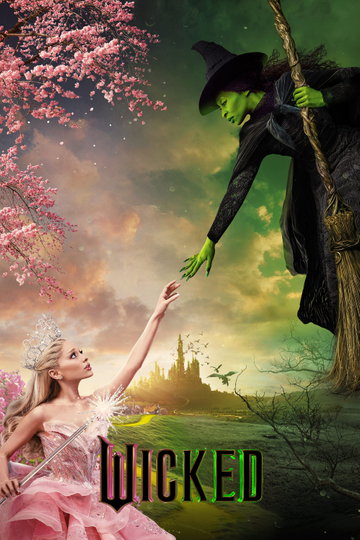'American Assassin' Star Dylan O'Brien Reveals His New Philosophy for Stunts
Dylan O'Brien is going through some pretty seismic career shifts right now.
His beloved MTV series "Teen Wolf" is coming to an end on September 24, after six highly rated seasons (he played Stiles, the character originated by Jerry Levine in the original film). And early next year, "The Maze Runner" trilogy closes with "The Death Cure," a movie that was pushed back after O'Brien suffered a horrifying injury on set (more on that in a minute).
But, as the saying goes, with every door that closes another one opens, and this week O'Brien headlines another potential franchise in "American Assassin." Based on the series of Vince Flynn novels that center around spy Mitch Rapp, this film shows us the origin of the character, as he goes from a wounded young man to someone willing to face various terrorist threats head on.
At a recent press day for the film, we got to sit down with O'Brien to talk about the injury, about "Teen Wolf" and "Maze Runner" wrapping up, and about what he learned from his "American Assassin" costar Michael Keaton.
Moviefone: Along with "The Maze Runner," this is your second film based on a hugely popular book series.
O'Brien: Yep. I keep doing them.
Is there any hesitation on your end before you sign on?
No. Not for that reason. For me, the decision always comes down to if I want to dive into this role, if I want to be the guy to tell this story, if I feel that the script and story are strong, if I feel like the filmmaker is strong. It's everything but, really. But then you start doing press and realize, wow, I hope people like this.
The other thing, of course, is that you could be doing this for a while.
Yeah. I'm not totally in jail. I think signing up for a Marvel contract is much worse. But there could be a few movies. But I have some control over it, too.
Is there an aspect of fun, too? It seems almost like going back to school. Like, "Time to go do another 'Maze Runner.'"
Oh, totally. Getting to play a character over a lengthy period of time is always a pleasure, especially if you like the character. You grow attached to them in a certain way. I've felt that way with Stiles, the "Teen Wolf" character I play -- and my "Maze Runner" character, too. It gets a little sentimental when you bid them farewell. It's like, "Oh, wow -- this is my last day on set as this guy."You're done with "Teen Wolf" now, right?
And "Maze Runner."
Was it emotional?
Oh, absolutely. It hits you. With "Teen Wolf," I was always aware of it. Season to season, we wouldn't even know if we were going again next year. So I got used to it. It was always, "Well, this could be it." I couldn't be happier with how long it lasted, the success the show had was really unbelievable. There were so many good people that I love dearly now that were a part of the process. It was such a great thing for everyone. And "Maze Runner," too, is really close to my heart. I'm so glad I got to finish that, and on such a positive note. But it's always sad.
Even though you might not have been worried about the fans, once you got the role in "American Assassin," did you read a bunch of the books? What was that process like for you?
I went through the one that we're doing, obviously. Because I kind of knew from the first ten books, where you're following the character as a full-grown man, that he was a bruiser. I think he probably had a thicker neck than I do and a huskier build. I was really taken with playing with that aspect of him, but adjusting it more to what I see him doing, since it's filtered through me, ultimately. What was really interesting to me was the emotional arc he goes through. But you don't really see that, in a way. I liked that this guy's thick skin and toughness came as a guard. It's not a front, necessarily, but it's his way of dealing with the pain that's inside of him.
This movie obviously has a lot of stunts. You were injured doing a stunt. And it's so nice to see that you're okay.
Aw, thanks.
And that seemed like a fairly serious injury.
Yes, it was very serious.
Was there any hesitation or resistance on your part in terms of signing up for something that would have this much action?
Oh, absolutely. I shied away from the whole thing, at first. When you go through something like that, it was a really scary thing that I was lucky to come away from. Everything inside of me, for months, was telling me to run away from stuff. It was the hardest thing I've ever gone through in my life. So there was absolutely trepidation. And for the longest time, I was writing it off. I was dealing with other things and didn't want to think about work. But at the same time, I didn't want to let it go. And I also thought it'd be good for me to do it, despite innately inside screaming and being like "No, absolutely not."
Eventually, you do have to face that beast and that's the only way you can properly process it. I'm very happy that I made the decision to stick with the movie. And we did it in the right way, particularly because of what I was coming off of. We had to be careful of certain things and I had certain restrictions.
But, ultimately, it was a good thing because it motivated everybody to do it in the right way. When you're dealing with things like this on a set -- and I'll always preach this for as long as I live after going through what I went through -- but safety is paramount. I think sometimes that gets lost in the fold a little bit. People can get lost in that little world you're in on a set, and you're making believe and it's all fake. But people can still get hurt -- and you're dealing with really serious things. I go about it all differently now. I'm very meticulous with the stunts that I am asked to do, and I feel like I don't have to do anything I'm not comfortable with doing. It's a good thing for people to be aware of, and have a really safe shoot, which is what we did.
Were you able to use that experience for this character? Obviously, he's injured early on in the movie and has to build himself back up.
In a lot of ways there was a lot of parallels for me. A lot of the reason that I didn't want to let it go, at the end of the day, was because I felt more connected to this guy than I ever could have. Obviously not dealing with the exact same thing, but I had a lot to draw on and was discovering things about this guy that I would never have discovered. There were things that I wanted to implement and even his whole look, that was all discovered myself in my post-accident recovery. There are so many things in the forefront of your mind that you're not going out to get a haircut. Your daily functioning is disrupted and you realize that months go by and you haven't shaved or cut your hair. I just felt like I understood this guy.
Were you still able to enjoy yourself? Because it seems like fight training can be fun.
Absolutely. And it's actually really soothing, too. Training like that is good for your mind. I understand why people can become addicted to it. I get that it's really good for you and not just physically. That's probably what struck me most about the training -- it was really good for me at a time I really needed it, too.
Was part of the appeal of the character that physical transformation?
Yes. I tried to make that transformation as much of a contrast as I could. I would love to do the Tom Hanks, take six months off for "Cast Away," but that's not how things are done anymore unfortunately. I started the movie in the best shape I could get into in two months, and tried to hold onto that for as long as I could. Then, at the end at some point, I stopped training in the last month, in preparation to do the beginning scene at the end. I had to lose as much as I could in that time. I wanted it to be a jump. Just as far as the authenticity of the film goes, and the story -- if he wakes up 18 months later and sees the shape that he's in and get an idea of what he's been doing every day since that happened. I hope that comes across.
What was it like working with Michael Keaton? Did you watch him and take cues?
Yeah, I think why younger actors do that a lot is, for me, is it's fascinating to see a guy who you've watched forever, and the amount of performances you've seen of his that you think are brilliant, it's then really brilliant to see how they go about achieving that. You want to see what their process is like. It could be any version of it. Whenever I've gotten to work with guys who are pretty prominent, prolific actors, I always observe how they are. Keaton is funny. He's been great for so many decades and he's not a psychopath. You can achieve that greatness by being smart and having a good work ethic and can still be a good human. That's the biggest thing I took away from watching him.This movie is pretty firmly planted in the spy genre. Do you have a favorite?
"True Lies." That would have to be my favorite spy movie of all time. It's a classic.
Should this franchise continue, do you have say in the character or have you suggested the next book they develop?
I have to give so much credit to Michael Cuesta. He allowed us to have so much input. I couldn't think of another director who would have tolerated me coming to them with seven pages of notes. And listen and be opened eared to every single one of them. I couldn't be more grateful. So, if we all sign up to do it again I would get to be a part of it, in terms of the development process.
"American Assassin" is everywhere this Friday.
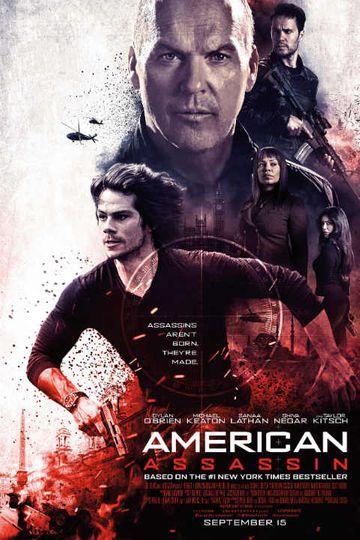
American Assassin












